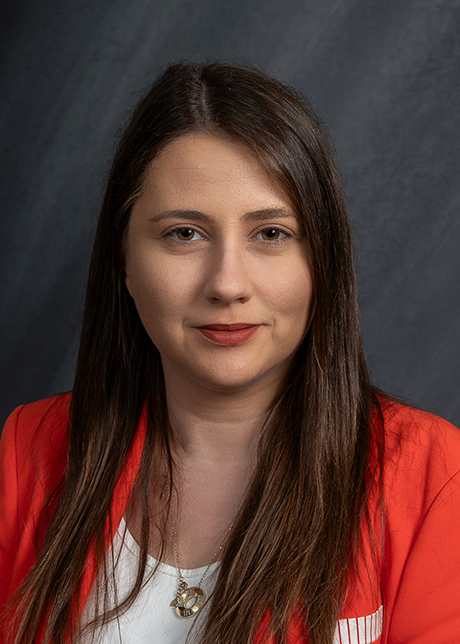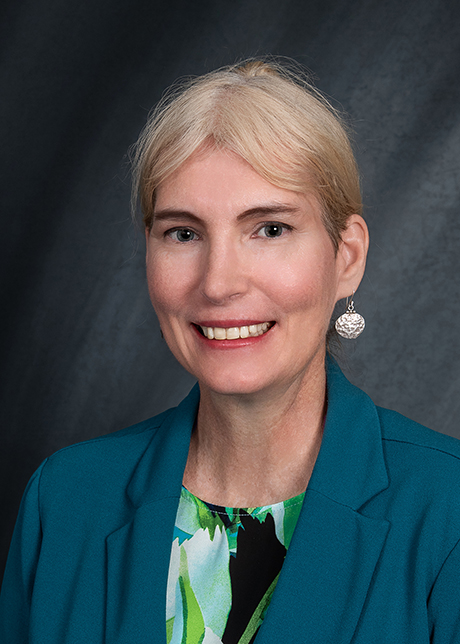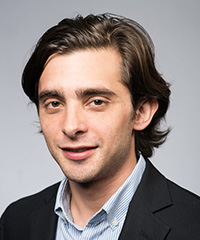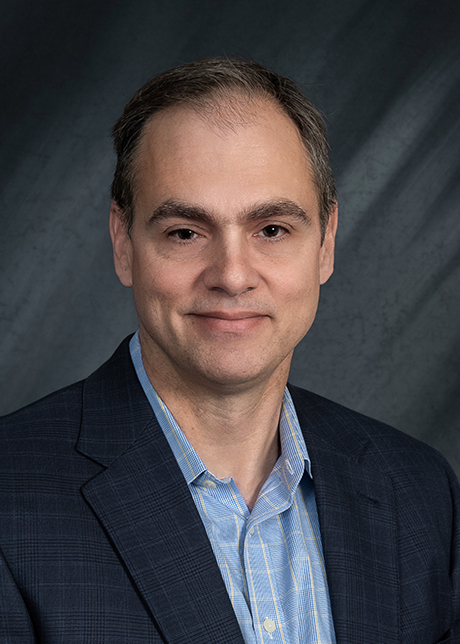Catalysis and Electrochemistry

Catalysis and electrochemistry research span atoms-to-reactors, fusing precision synthesis with data-driven discovery. We devise heterogeneous catalysts built from earth-abundant carbides, oxides, and single-atom sites that transform CO₂, methane, and even waste plastics into fuels and bulk chemicals, reducing dependence on scarce precious metals and conventional petrochemical routes. Cross-disciplinary projects with chemists on-campus knit homogeneous and heterogeneous approaches together, unlocking reaction cycles that were once out of reach.
Electrocatalysis drives the transition to a sustainable low-carbon economy by powering chemical reactions with renewable electricity instead of fossil inputs. Using pulsed laser in liquid synthesis, researchers develop surfactant-free nanocatalysts with tailored reactivity for high-impact processes such as PFAS destruction, selective hydrocarbon electrooxidation, and carbon dioxide reduction. Control over catalyst–electrolyte interactions, water activation at porous electrodes, scalable electrode and nanomanufacturing, and insights into interfacial mechanisms enable technologies that address climate and pollution challenges.
Computation and machine learning knit these efforts together. Density functional theory, reactive molecular dynamics, and graph neural networks predict adsorption energetics, reaction networks, and electrolyte effects. Large language models mine literature and lab notebooks to propose synthesis targets, while Bayesian optimization steers automated reactors toward optimal compositions in real time. Supported by the University’s Center for Integrated Research Computing (CIRC), these AI-powered workflows compress discovery cycles from years to weeks and give students hands-on experience at the frontier of computational catalysis.
From quantum-level insight to pilot-scale electrochemical cells, Rochester engineers are forging catalytic solutions essential to a net-zero, circular economy, advancing the science that fuels and sustains our world.






